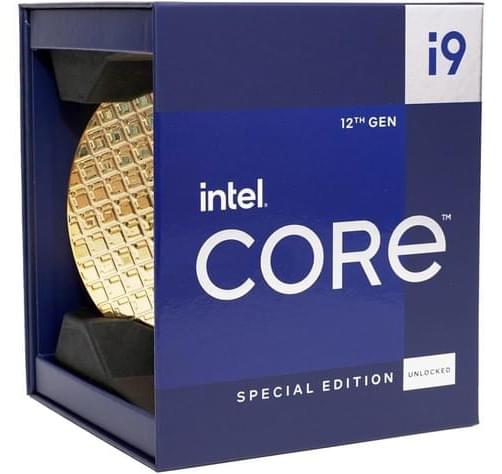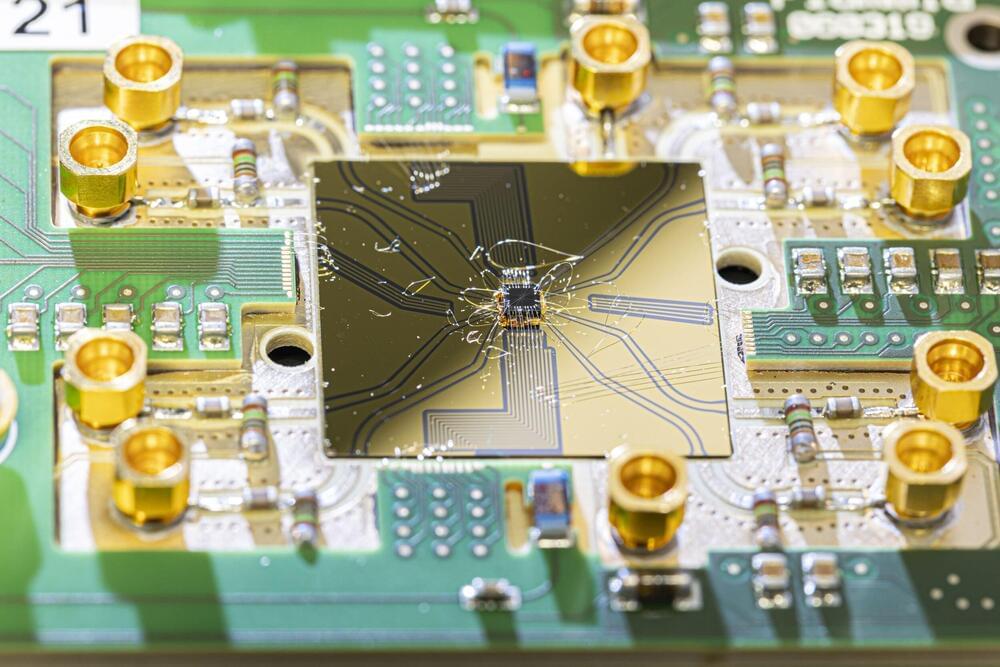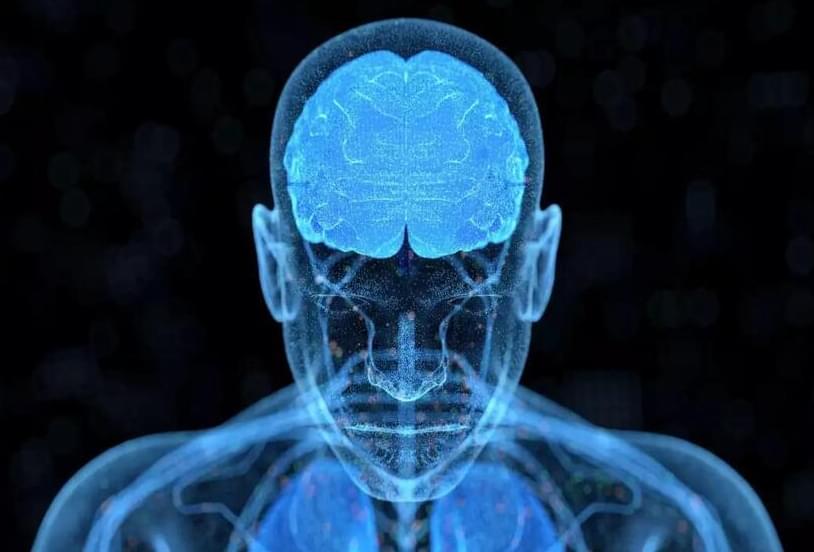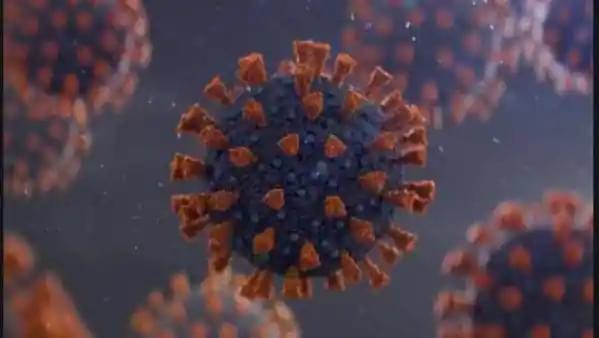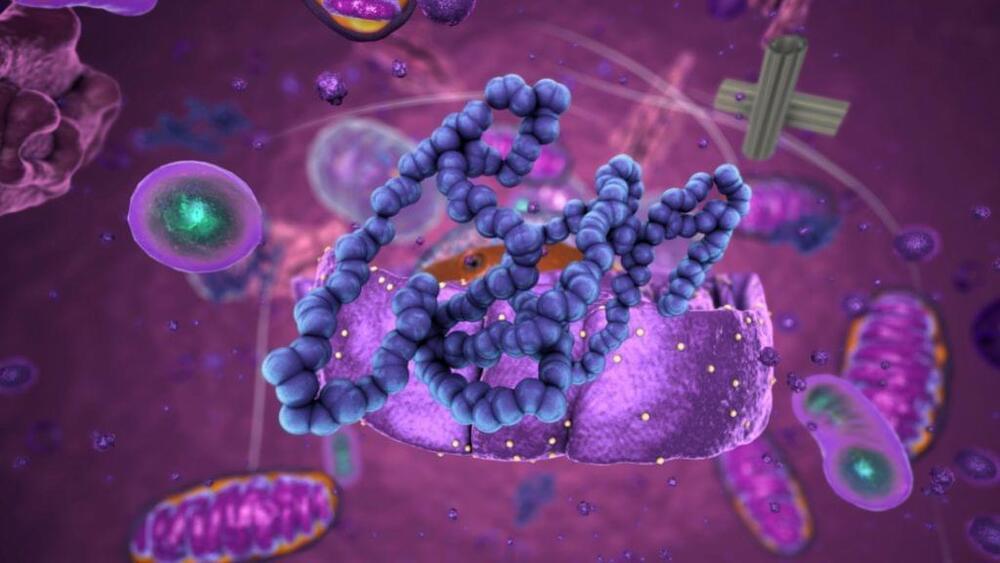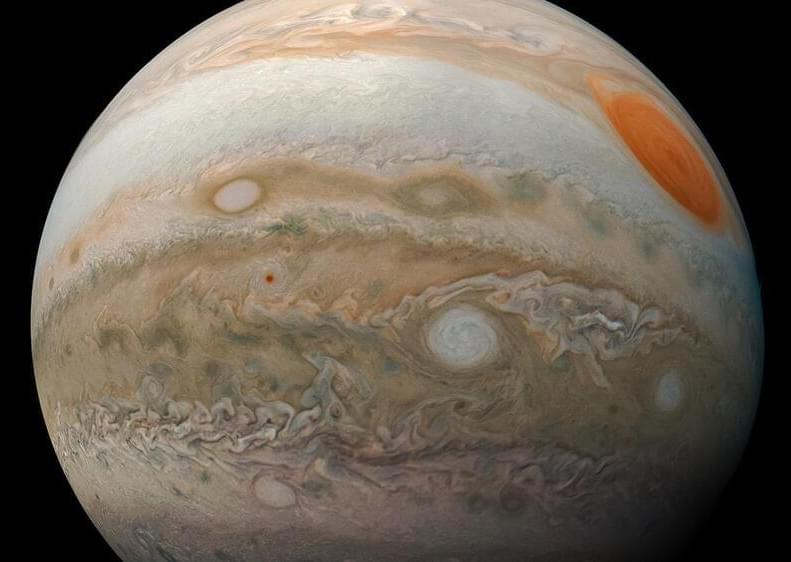
The gas giant Jupiter is coming the closest it has come to Earth in 59 years this Monday and will be particularly visible because it coincides with another event called opposition.
When in opposition, a planet is on the opposite side of Earth from the sun, so you could draw a straight line from the sun to Earth to Jupiter, all in alignment. Jupiter’s opposition happens every 13 months. Looking from the Earth, when the sun sets in the west, Jupiter will rise in the east, directly opposite. During opposition, planets appear at their biggest and brightest.
Separately, Jupiter is coming closer to Earth than it has since 1963. Because of Earth’s and Jupiter’s differing orbits around the sun, they don’t pass each other at the same distance each time. When it’s closest on Monday, Jupiter will be about 367 million miles from Earth, according to NASA. At its farthest, it’s 600 million miles away.

